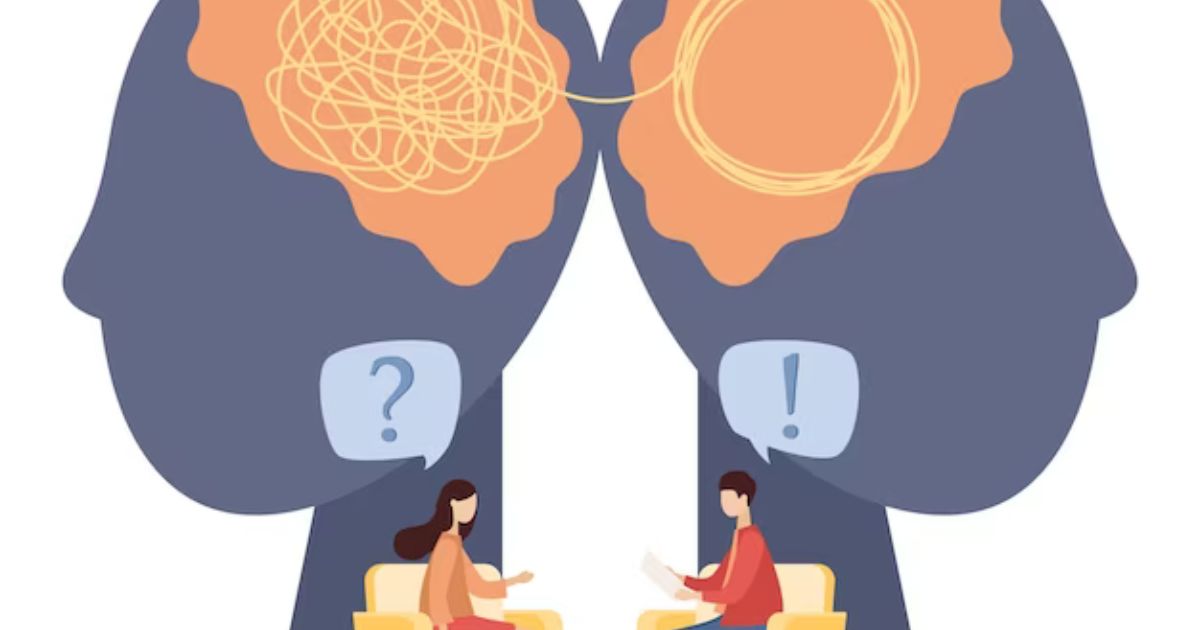In recent years, the landscape of mental health care in the United States has experienced a significant shift because of increasing mental health services.
With about one in eight U.S. adults now taking antidepressants and one in five seeking mental health care, the utilization of such services has seen a notable surge.
However, an unsettling paradox persists – while more people are seeking therapy and treatment, the overall state of mental health in the U.S. appears to be deteriorating across multiple indicators.
Increasing Mental Health Services, A Major Concern
The statistics are striking. Suicide rates have climbed by approximately 30% since the turn of the millennium. A growing number of U.S. adults, nearly a third, report symptoms of either depression or anxiety, a staggering threefold increase from 2019.
Moreover, approximately one in 25 adults now grapple with a “serious mental illness” like bipolar disorder or schizophrenia. In a span of two decades, the percentage of U.S. adults who regard their mental health as “excellent” has dwindled from 43% to a mere 31%.
Dr. Robert Trestman, the chair of the American Psychiatric Association’s (APA) Council on Healthcare Systems and Financing, delves into this perplexing phenomenon. He identifies a blend of positive and negative factors that contribute to this dissonance.
On the positive side, the destigmatization of mental health has led more individuals to seek care, subsequently increasing the diagnosis and treatment rates for mental health conditions.
However, a more concerning aspect comes to light – the greater number of people grappling with mental health challenges amidst societal upheavals like the pandemic and the Great Recession.
These disruptions have amplified demand for mental health support, overwhelming an already-strained system. Unfortunately, this increased demand has left some individuals without the necessary assistance they are seeking, leaving a gap between supply and demand.
Beyond access issues, some experts argue that the predicament delves deeper into the foundations of modern psychiatry.
They assert that the problem extends beyond the mere incongruity of supply and demand. Instead, they highlight the limitations of prevailing therapeutic approaches and medications that only skim the surface of a vast sea of psychological needs.
The ongoing paradox underscores the complexities of mental health care, revealing that increased access to services does not necessarily translate into improved mental well-being for the populace. It prompts a reconsideration of the efficacy and scope of current mental health treatments.
As the nation grapples with this paradox, the mental health landscape is poised for transformation. The balance between the positive aspects of mainstream acceptance and the negative impact of societal turmoil poses a challenge that cannot be ignored.
Addressing this predicament will necessitate a multi-faceted approach that encompasses destigmatization, innovative treatment strategies, and a comprehensive understanding of the nuanced factors that influence mental health on both individual and societal levels.
Ultimately, unraveling the layers of this paradox is crucial for the well-being of millions of Americans who are seeking mental health support.
The convergence of increased utilization of mental health services with a worsening state of mental health beckons for a more comprehensive and holistic approach that addresses the root causes and offers tailored solutions to meet the diverse needs of individuals across the nation.






















